
Your first step to becoming a professional pastry chef! This outcome-driven program gives you intensive training, hands-on knowledge, and skills accredited by the Internationally renowned training academy, London Academy of professional Training UK. It helps the students gain employment in the food industry as commis (Junior Chef) or an assistant chef. Not only that, this accreditation gives the budding baking entrepreneurs the exposure necessary to set up a food business on International standards.
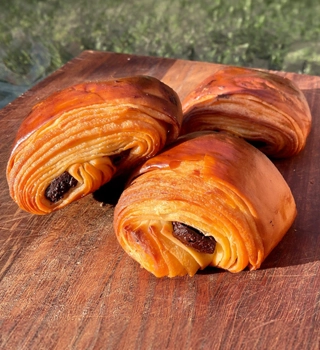
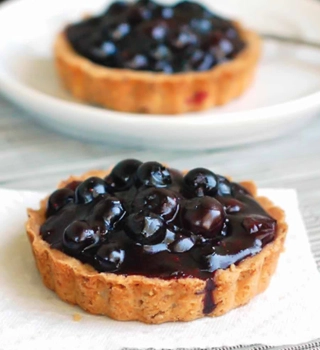
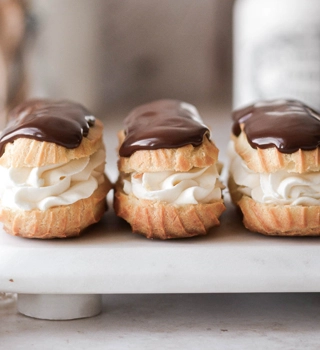
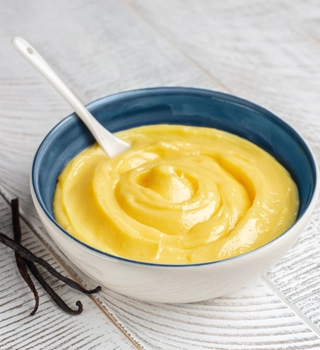
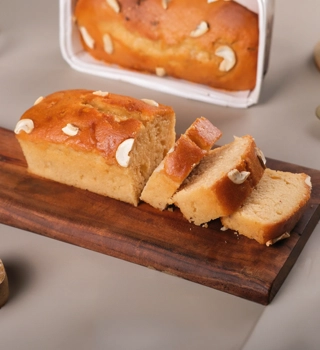
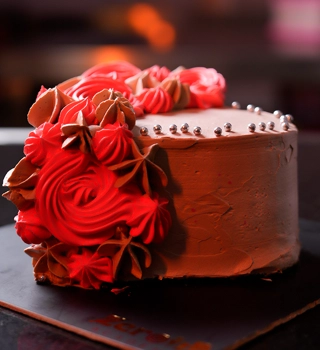
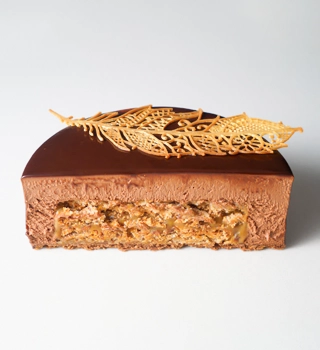

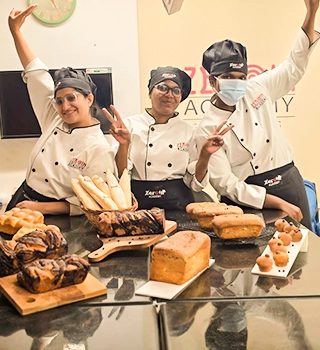
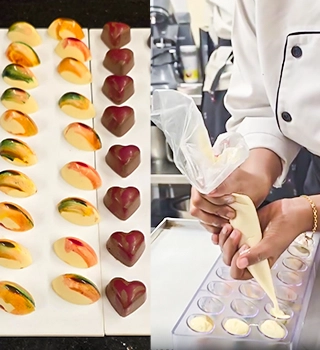
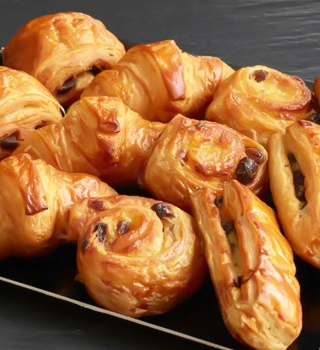
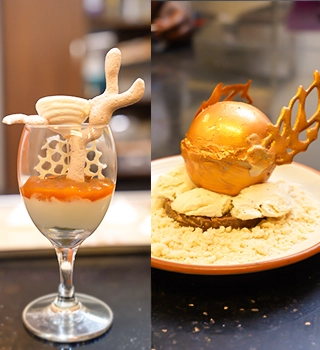
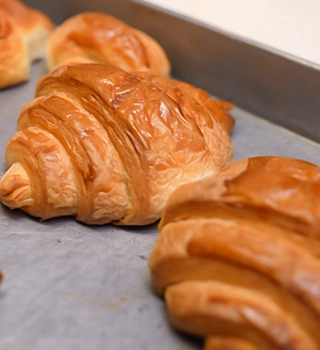
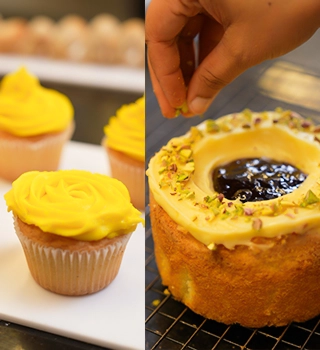
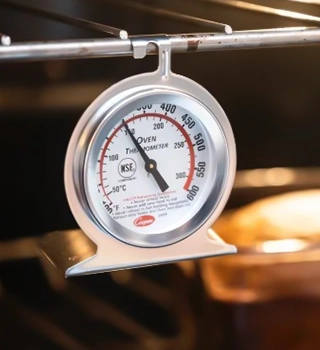
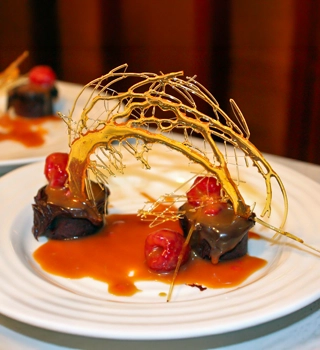
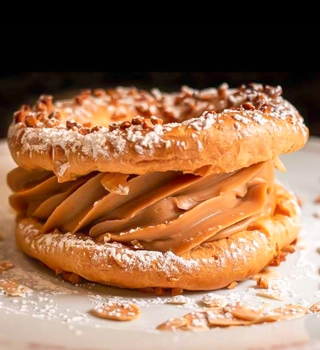
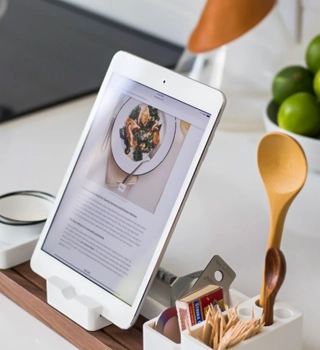
The Diploma in Professional Bakery and Patisserie is accredited by LAPT London. Runs Monday to Thursday, 10 am to 5 pm. Three months, roughly 350 to 400 hours in total. Age limit? None, as long as you are 16 or above and have cleared the 10th standard.
It is steady, hands-on work. You learn in the morning, bake through the day, and repeat until the steps feel automatic.
International Baking Standards
Everything is taught the way it is done in top kitchens abroad. Exact weights, strict hygiene, clean finishes. No guesswork.
Ingredient Knowledge
Different flours behave differently. Butter reacts to heat. Yeast hates certain conditions. These details are drilled in so you know why something worked or did not.
Decorating & Presentation Skills
Piping, chocolate garnishes, neat slices, tidy plates. Small things that turn good products into showcase pieces.
Time & Workflow Management
Learn to line up tasks so nothing is late and nothing is rushed. The kitchen stays busy but under control.
Hands-On With Commercial Equipment
Deck ovens, big mixers, proofing cabinets. The same tools used in actual bakery production, not scaled-down home models.
Skills and Competencies Learned
By the end, students know how to make breads, pastries, plated desserts, and chocolate pieces without someone holding their hand. They also know what to do when something goes wrong.
Career Opportunities
Some head straight into hotel pastry kitchens. Some join dessert cafés. A few start their own baking workshops in Chennai or sell to restaurants and caterers. The LAPT stamp helps in all of that.
Support After Training
Even after the course, the team shares job leads, and if someone is starting their own baking setup, they can still call and get advice.
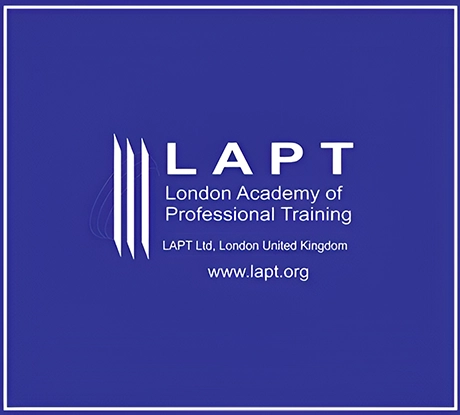
Study at Zeroin and get international qualification recognised by employers world wide.
We are happy to let you know that we connect our students with banks offering loans.
Zeroin takes its commitment to helping students find jobs after graduation very seriously. We work closely with every individual student to prepare them for their first step into the workplace by providing them with confidence and preparation. Our process for connecting students to employers and guiding their transition from education to employment is a structured process.
What We Provide
Through partnerships with well-established bakery businesses, hotels, and other quality food businesses, we consistently connect our students to real employment opportunities. If you would like starting your own business, we also offer practical experience and mentoring support to help you get started. Our overall goal is much bigger than providing you with training — we want you to create a sustainable, successful long-term career in the baking industry.
Three months is the total duration of the diploma course.
No. As long as you are 16 or older and have cleared 10th standard, you can start here. Basics are taught from scratch.
Almost every day is practical. Theory comes in when it is needed, but most of the time, you are mixing, baking, and finishing products yourself.
Breads, pastries, desserts, cakes, chocolate, cake decoration, kitchen operations, ingredient knowledge, and the soft skills needed to work in hospitality.
We teach in both English and Tamil. Our instructors can switch between the languages to ensure students are comfortable and can learn effectively.
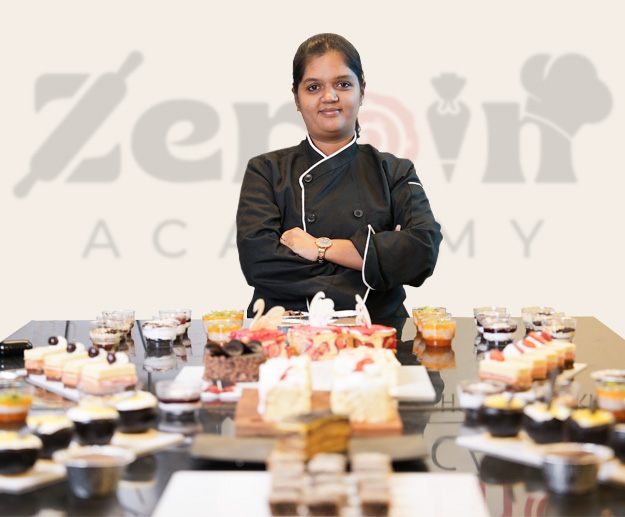
Three months isn’t a long time, but it’s enough to get a solid grip on baking if the training is focused and hands-on. This course keeps the kitchen busy from day one. No long lectures that leave you itching to touch the dough. Every batch is prepared, baked, and plated right here in a setup that works like an actual bakery. For anyone seriously looking at Professional Bakery Courses in Chennai, this isn’t about picking up a few recipes. It’s about understanding the science behind textures, the precision of measurements, and how to work under the clock without losing quality.
The schedule moves quickly. One week might be about soft breads and laminated doughs, the next about mousse cakes or tarts. Mistakes happen, and that’s expected. Trainers are right there to show how to fix a collapsed sponge or save a curdled ganache. It’s a busy, noisy space with mixers running, timers going off, and the smell of fresh croissants pulling people towards the counter. That’s how a pastry kitchen should feel.
Those aiming for a Pastry Chef Course will see that it goes deeper than decoration. There’s work on French pastries, celebration cakes, artisan loaves, plated desserts, and even the finishing touches that make a product stand out in a showcase. Chocolate tempering, sugar work, piping flowers, and balancing flavors all get time on the schedule. It’s not just about making things pretty; it’s about making them consistent.
By the end, the difference is obvious. Students who came in unsure how to crack an egg cleanly are now layering a mille-feuille with precision or running through a service prep list like a pro. It’s not magic. It’s practice, repetition, and learning to think like a baker, exactly what our Master Baker Course is built to develop.